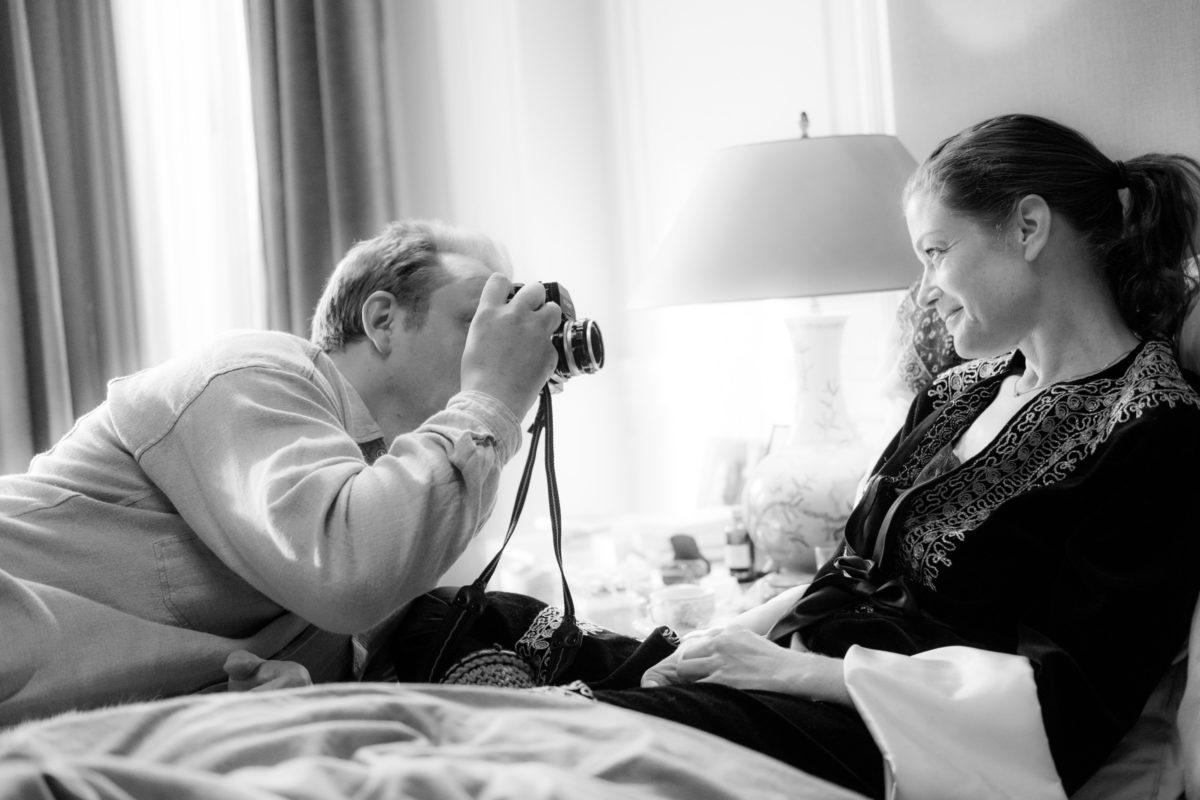Cinema’s fascination with destructive, beautiful women continues in 3 Days in Quiberon (Emily Atef, 2018), revolving around the events of Romy Schneider’s (Marie Bäumer) final interview in a hotel in Western France in 1981.
Its core premise is based on Schneider famously claiming she’s “just an unhappy 42-year-old woman [whose] name is Romy Schneider”, but what is supposedly a character study uncovering the real woman behind the name is an exhausting slog that feels like wading through jello.
The biopic begins with the arrival of Schneider’s friend Hilde Fritsch (Birgit Minichmayr), a fictional person based on several of Schneider’s friends. Her presence is a balm for the troubled actress, who is staying at a hotel that doubles as a rehab clinic. A journalist (Robert Gwisdek) and a photographer (Charly Hübner) schedule an interview over the course of three days, during which the manipulative journalist pulls no punches in his relentless questioning of Schneider’s personal life, pushing her to a personal low.
Unlike the ‘troubled women’-focused biopics that have come before (One Week with Marilyn, Factory Girl, Frida), 3 Days lacks a compelling conflict. Though there is no question of how troubled Schneider is in those final days, her vulnerabilities do not make her more endearing, thanks to a heavy-handedness and stylized quality that simply does not serve the plot. Many self-destructive beauties have graced the screen but the aforementioned films actually had a clear vision and social commentary that could resonate with viewers.
3 Days takes itself too seriously and has a misplaced confidence that its lead star Marie Bäumer, a striking doppelgänger to the real Romy, can carry the film through sheer resemblance. Too heavy a burden is put upon Bäumer, and the uninspiring camerawork and overbearing score do not aid her in any way. It feels like the film is made for a niche of Romy Schneider ‘stans’ because for those outside of that group, it is hard to extract meaning or pleasure from this exhausting attempt at a biopic.
